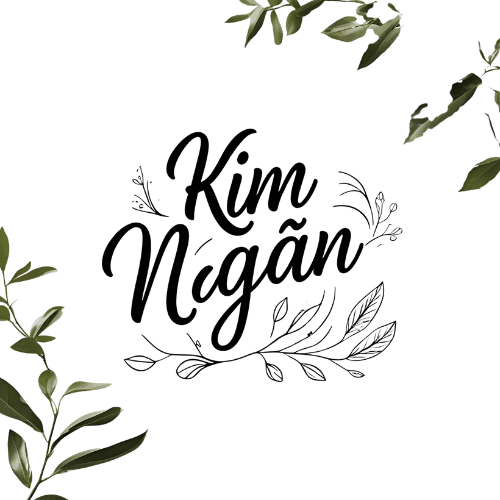🇯🇵 Staying Safe and Healthy in Japan – A Calm Guide for Mindful Travelers
🇯🇵 Staying Safe and Healthy in Japan – A Calm Guide for Mindful Travelers
Japan is one of the safest countries in the world.
But even in a country of low crime, clean streets, and punctual trains, travel can feel uncertain—especially if you're alone, new to Asia, or just need peace of mind.
This isn’t about fear. It’s about gentle awareness.
So you can walk slower, rest deeper, and trust your journey.
🧘♀️ 1. Safety First – But No Need to Be Afraid
Japan has:
- Low crime rates (especially for violent crime)
- Safe public transport—even at night
- High social order and respect for rules
That said:
- Keep your belongings close in crowded areas
- Don’t leave valuables unattended at cafés
- Be cautious with nightlife in busy zones (e.g. Kabukicho in Tokyo)
💡 Most people in Japan will go out of their way to help you—not harm you.
🚺 2. Solo Travelers (Especially Women)
Japan is a dream for solo travelers. Quiet cafés, clean hostels, friendly locals—but little pressure to socialize.
For women:
- Many hotels and capsules have women-only floors
- Public transport is safe—even late
- Carry a small personal alarm if it gives peace of mind
Solo travel in Japan is not just safe—it’s liberating.
🚉 3. Getting Lost (And Found)
Trains can be confusing at first. But signs are in English, and locals will often help, even with limited English.
Tips:
Use Google Maps or Japan Travel App
If lost, ask a station staff with this phrase:
🗣 “Sumimasen, [place name] wa doko desu ka?” (Excuse me, where is…?)
💡 Getting lost in Japan often leads to unexpected beauty.
💊 4. Health Tips & What to Bring
Japan is clean and well-equipped, but prepare:
Bring:
- Your own prescription meds (with original labels)
- A small first aid kit
- Travel insurance (some clinics are private)
- Motion sickness bands (if you plan to take mountain buses or ferries)
Pharmacies:
- Easily found (look for green + sign or the word “薬”)
- Most staff don’t speak English, but Google Translate works
- Ask for over-the-counter medicine using photos if needed
🏥 5. Medical Help – What If You Get Sick?
If you need care:
- Call your hotel or embassy—they’ll help find an English-speaking clinic
- Use the Japan National Tourism Organization (JNTO) hotline:
📞 050-3816-2787 (24/7 English support)
For emergencies:
🚑 Dial 119 for ambulance (no charge, even for tourists)
🆘 Dial 110 for police
💡 Staff will likely not speak English, so keep a translation app handy.
😌 6. Mental Calm – Not Just Physical Safety
Sometimes, it’s not danger you fear—but the feeling of being overwhelmed, alone, or far from home.
To stay grounded:
- Find a neighborhood café and visit it daily
- Write a few lines in a journal each night
- Sit quietly in a temple or park
- Carry one item from home that comforts you (a photo, scarf, scent)
🧘 Travel is not always easy. But Japan has quiet places where your heart can catch up.
🙏 Thank You for Reading
You don’t need to be fearless to travel well.
Just aware. Just open. Just you.
✨ In the final post of this series, we’ll explore slow travel in Japan—why it matters, and how to make it yours.
👉 Read Travel Essentials – Japan #8 for a gentle invitation to slow down.
—With care and clarity,
Kim Ngân – storyteller & slow traveler
